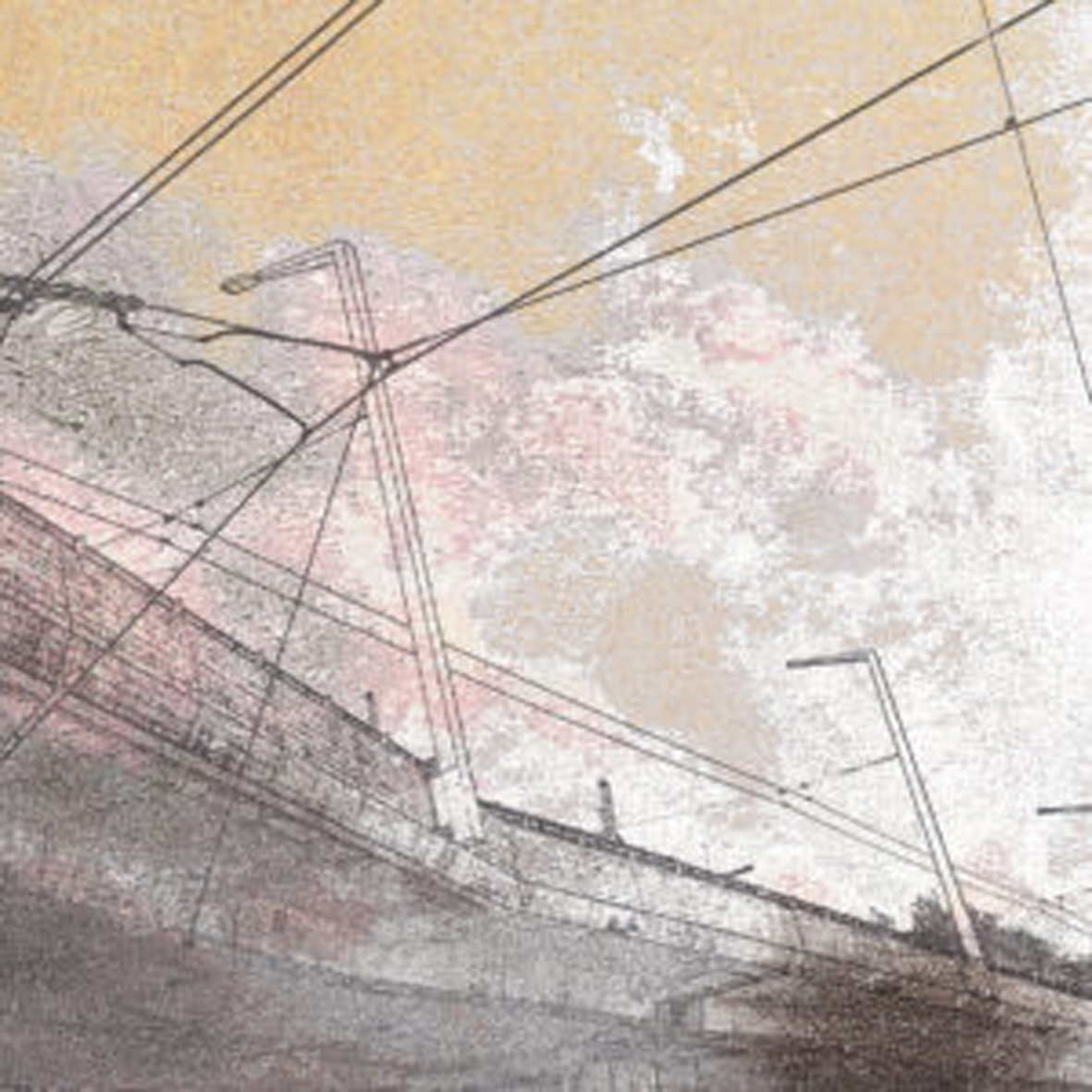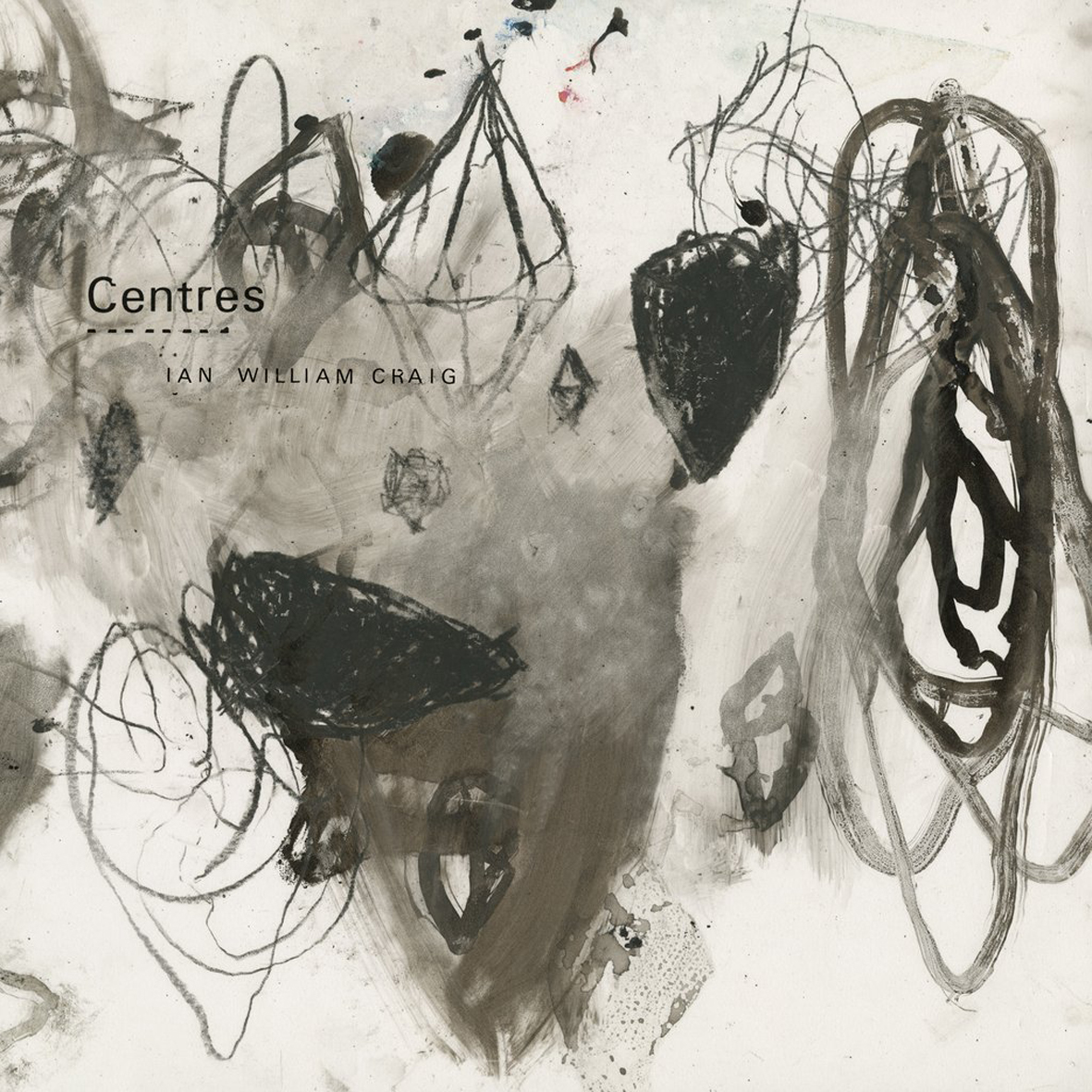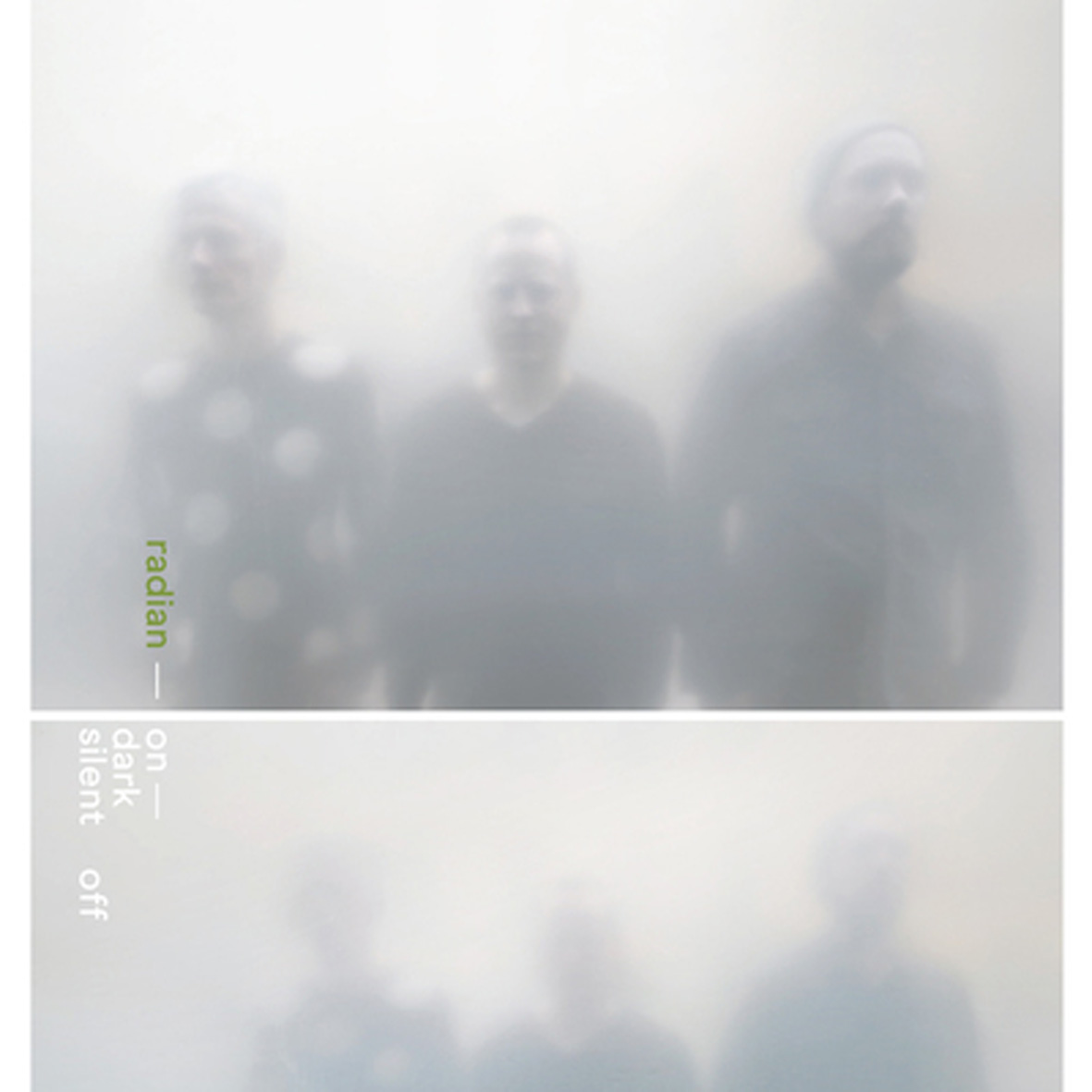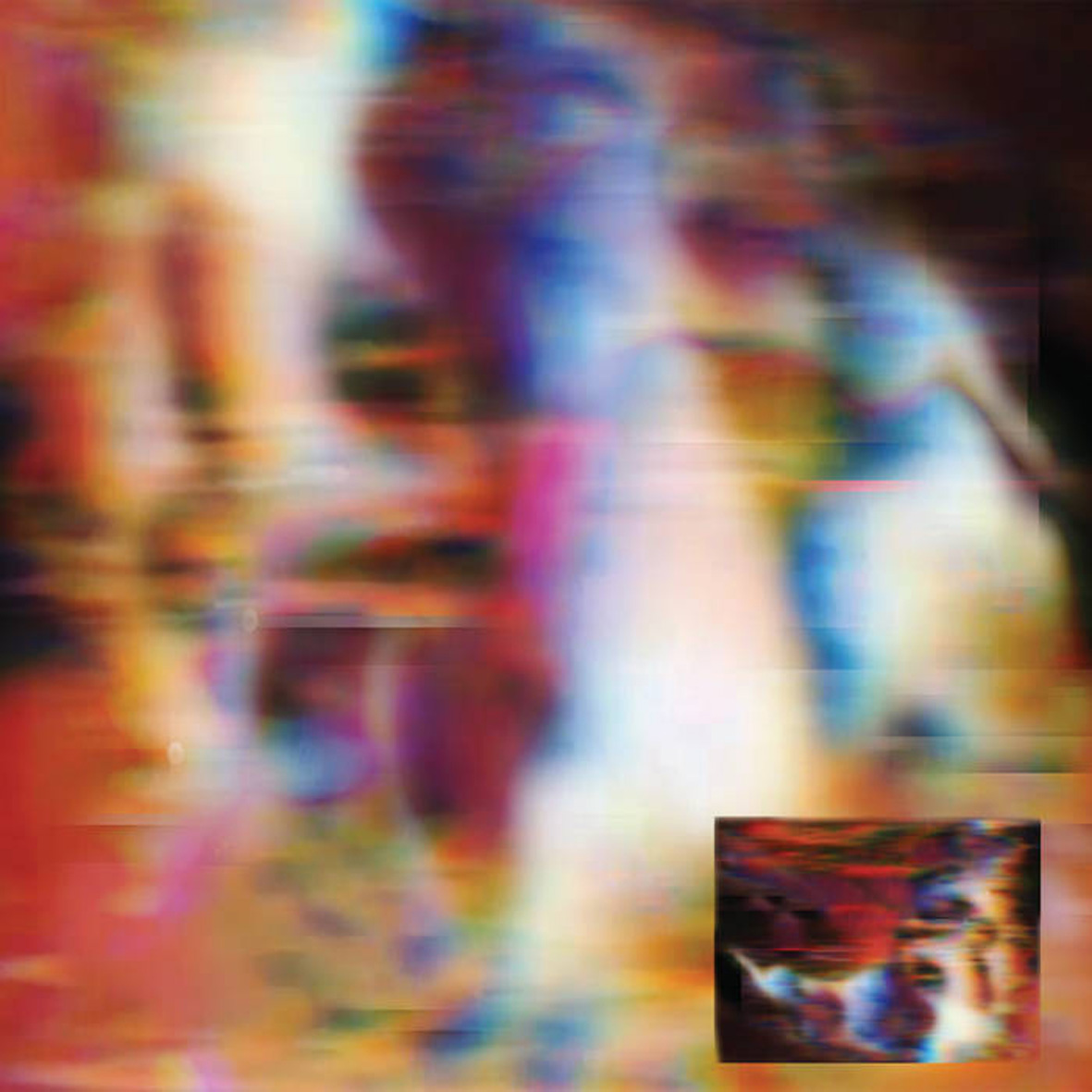 It is rare for me to get very enthusiastic about tour-only releases, as I feel that artists generally want their best material to be heard by as many people as possible rather than just a handful of collectors.  This compilation of The Legendary Pink Dots’ ephemeral holiday EPs was an exception though, as it has always driven me slightly crazy that I had missed the boat on so many special one-off releases.  Also, Edward Ka-Spel always seemed like the rare artist who might be unpredictable and prolific enough to cheerfully release his best material in an incredibly limited edition.  Upon hearing the sprawling Festive, I can safely say that that was not the case, as a lot of LPD's holiday epics tend to be drifting, understated soundscapes or amusing experiments in twisting and tweaking samples, but a few pieces are legitimately striking and the cumulative effect of all this material at once is pleasantly overwhelming.  As such, this prolonged plunge into the benignly deranged holiday rabbit hole is strictly for fans of the Dots' more abstract and unrepentantly indulgent side.
It is rare for me to get very enthusiastic about tour-only releases, as I feel that artists generally want their best material to be heard by as many people as possible rather than just a handful of collectors.  This compilation of The Legendary Pink Dots’ ephemeral holiday EPs was an exception though, as it has always driven me slightly crazy that I had missed the boat on so many special one-off releases.  Also, Edward Ka-Spel always seemed like the rare artist who might be unpredictable and prolific enough to cheerfully release his best material in an incredibly limited edition.  Upon hearing the sprawling Festive, I can safely say that that was not the case, as a lot of LPD's holiday epics tend to be drifting, understated soundscapes or amusing experiments in twisting and tweaking samples, but a few pieces are legitimately striking and the cumulative effect of all this material at once is pleasantly overwhelming.  As such, this prolonged plunge into the benignly deranged holiday rabbit hole is strictly for fans of the Dots' more abstract and unrepentantly indulgent side.
Two new shows just for you. We have squeezed out two extended release episodes for this weekend to get you through this week. They contain mostly new songs but there's also new issues from the vaults. The first show features music from Rider/Horse, Mint Field, Robert Aiki Aubrey Lowe, Anastasia Coope, ISAN, Stone Music, La Securite, Bark Psychosis, Jon Rose, Master Wilburn Burchette, Umberto, Wand, Tim Koh, Sun An, and Memory Drawings. The second episode has music by Laibach, Melt-Banana, Chuck Johnson, X, K. Yoshimatsu, Dorothy Carter, Pavel Milyakov, Violence Gratuite, Mark Templeton, Dummy, Endon, body / negative, Midwife, Alberto Boccardi, Divine. Cow in Maui from Veronika in Vienna. Get involved: subscribe, review, rate, share with your friends, send images! |



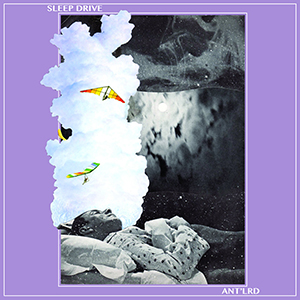 There is a distinctly lo-fi theme that runs through Colin Blanton's (ant'lrd) newest release. The three lengthy pieces are all nicely covered in a light haze of noise and distortion, but it never fully obscures the beautiful melodies and motorized rhythms that lurk beneath that scratchy, decaying surface. Instead, that element of dirt and grime enhances what it covers, resulting in an album that wonderfully blends the raw with the delicate.
There is a distinctly lo-fi theme that runs through Colin Blanton's (ant'lrd) newest release. The three lengthy pieces are all nicely covered in a light haze of noise and distortion, but it never fully obscures the beautiful melodies and motorized rhythms that lurk beneath that scratchy, decaying surface. Instead, that element of dirt and grime enhances what it covers, resulting in an album that wonderfully blends the raw with the delicate.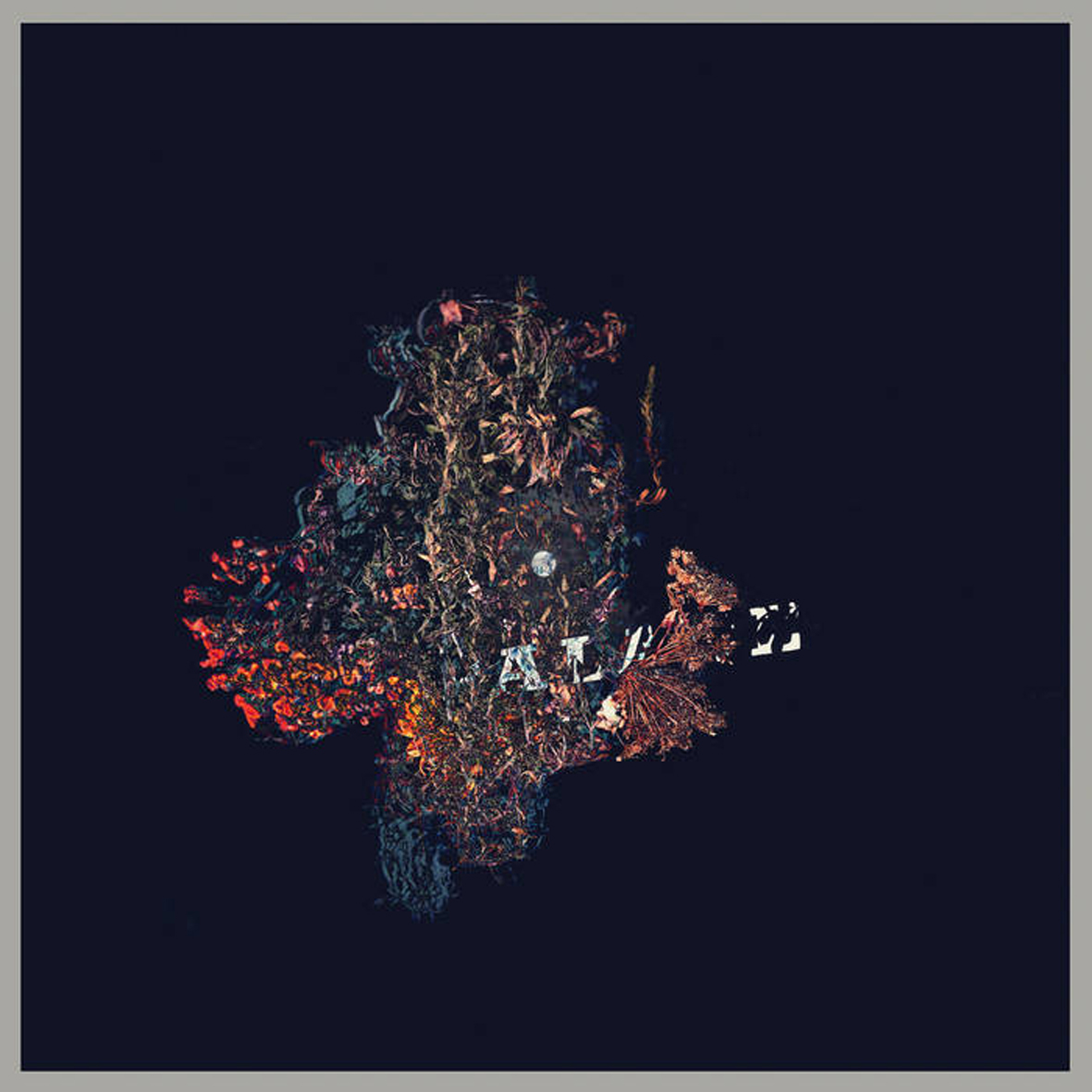 One important lesson that I have learned over the years is that promising-sounding collaborations between experimental music artists are almost always disappointing, as the resultant releases tend to be half-baked edits and reworkings of improvised jams that occurred when all the musicians involved happened to be in the same town for a day.  Consequently, it was a delight to discover that this trio of Aidan Baker,  Andrea Belfi, and Erik Skodvin feel like the exact opposite of that. While this second full-length for Miasmah was admittedly improvised over the course of a couple days in Berlin, Palace is the work of a band with both strong vision and razor-sharp focus. Of the three artists involved, Palace is most similar to Skodvin's solo aesthetic, but these deliciously tension-filled and slow-burning reveries easily transcend the sum of their parts.
One important lesson that I have learned over the years is that promising-sounding collaborations between experimental music artists are almost always disappointing, as the resultant releases tend to be half-baked edits and reworkings of improvised jams that occurred when all the musicians involved happened to be in the same town for a day.  Consequently, it was a delight to discover that this trio of Aidan Baker,  Andrea Belfi, and Erik Skodvin feel like the exact opposite of that. While this second full-length for Miasmah was admittedly improvised over the course of a couple days in Berlin, Palace is the work of a band with both strong vision and razor-sharp focus. Of the three artists involved, Palace is most similar to Skodvin's solo aesthetic, but these deliciously tension-filled and slow-burning reveries easily transcend the sum of their parts.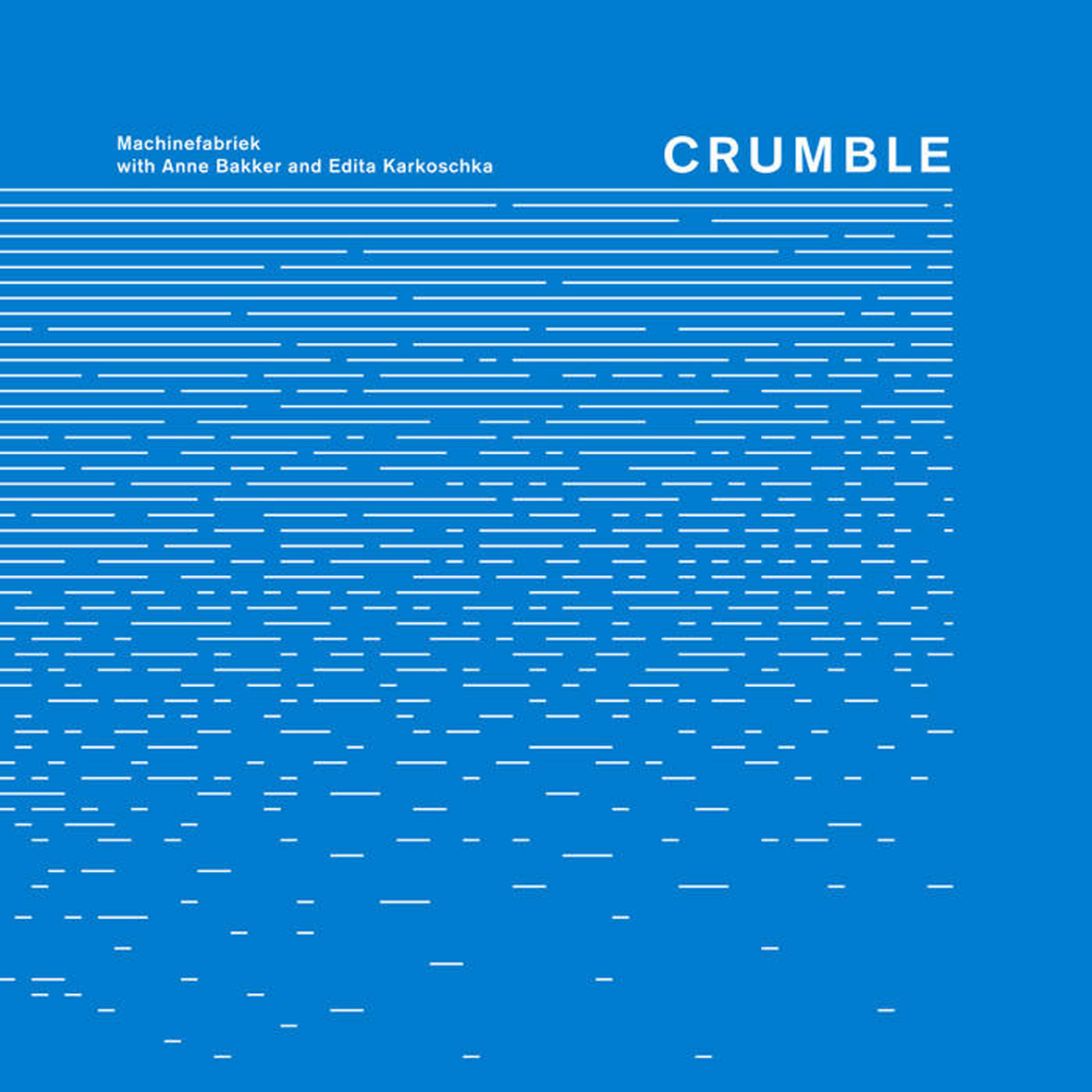
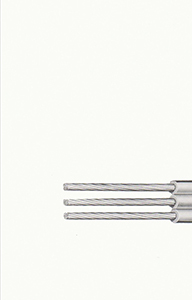 Following up her excellent album Gather & Release from earlier this year on Category of Manifestation, percussionist Sarah Hennies showcases her continually developing skills as both a composer and performer. Intentionally stretching the definition of what truly constitutes percussion at times, Everything Else is another distinctly different, yet no less amazing entry in her discography.
Following up her excellent album Gather & Release from earlier this year on Category of Manifestation, percussionist Sarah Hennies showcases her continually developing skills as both a composer and performer. Intentionally stretching the definition of what truly constitutes percussion at times, Everything Else is another distinctly different, yet no less amazing entry in her discography.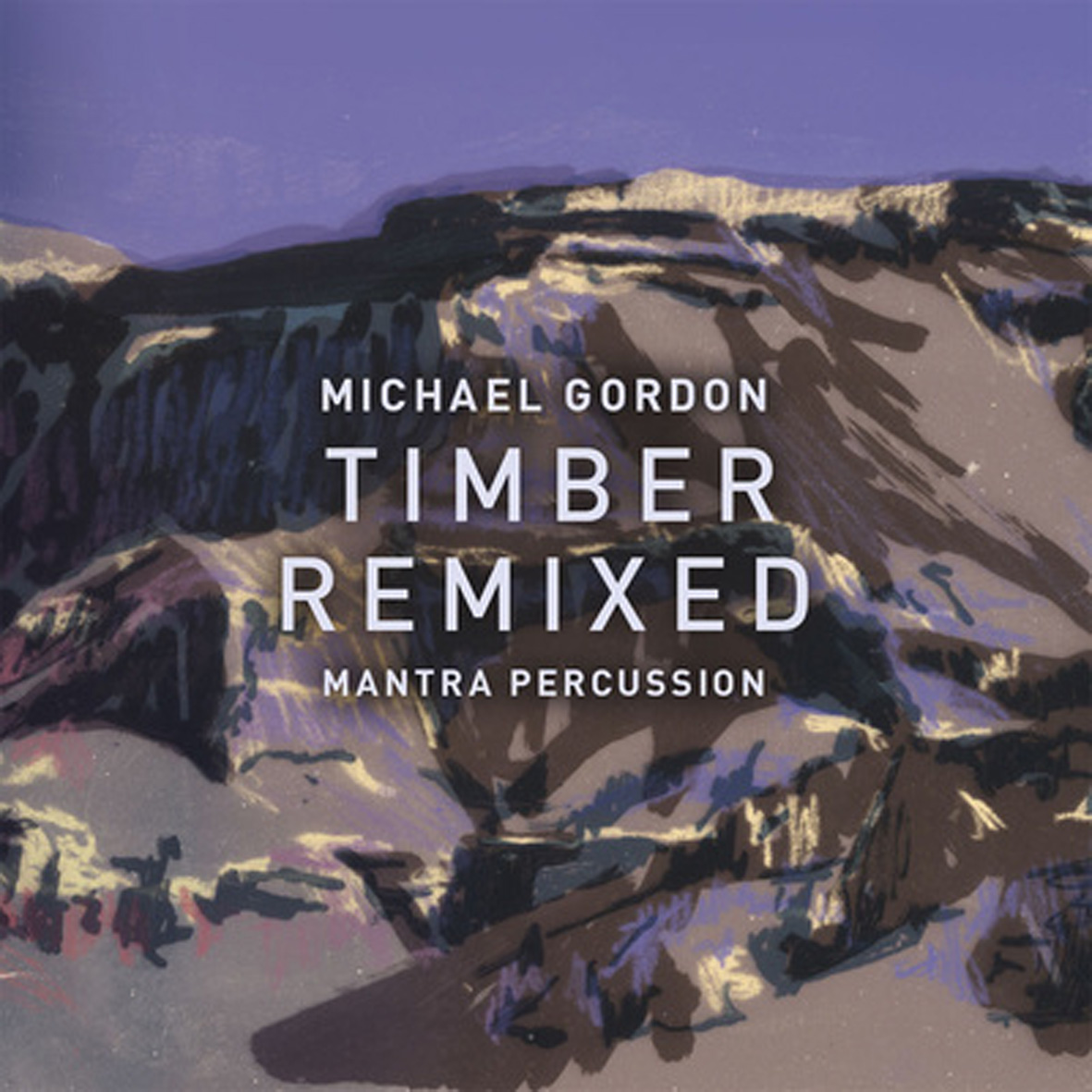 As an ostensibly cultured person, I pay embarrassingly little attention to current activity in the modern classical and jazz scenes, which is likely a lingering remnant of my uncompromisingly punk/DIY-centric formative years.  For the most part, this has not backfired on me, but occasionally something absolutely amazing manages to pass by me totally unnoticed, such as Michael Gordon's staggering minimalist epic Timber (2011).  Thankfully, fate has conveniently intervened to give me a second chance to celebrate the joys of this singular percussive masterwork, as it has now surfaced yet again as a live album with a companion disc of remixes from a murderers' row of experimental luminaries like Fennesz, Tim Hecker, Oneohtrix Point Never, Squarepusher, and Ikue Mori.  For the most part, the original piece proves extremely difficult to improve upon, but several of the remixers certainly make a compellingly valiant effort.
As an ostensibly cultured person, I pay embarrassingly little attention to current activity in the modern classical and jazz scenes, which is likely a lingering remnant of my uncompromisingly punk/DIY-centric formative years.  For the most part, this has not backfired on me, but occasionally something absolutely amazing manages to pass by me totally unnoticed, such as Michael Gordon's staggering minimalist epic Timber (2011).  Thankfully, fate has conveniently intervened to give me a second chance to celebrate the joys of this singular percussive masterwork, as it has now surfaced yet again as a live album with a companion disc of remixes from a murderers' row of experimental luminaries like Fennesz, Tim Hecker, Oneohtrix Point Never, Squarepusher, and Ikue Mori.  For the most part, the original piece proves extremely difficult to improve upon, but several of the remixers certainly make a compellingly valiant effort.